Directory
- Share
Isabella Morse
- Scholar
- United States
- 2022 PhD Public Health and Primary Care
- Hughes Hall
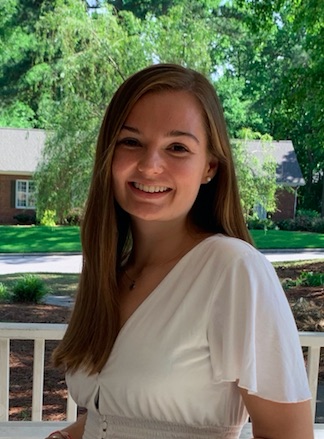
Isabella Morse
- Scholar
- United States
- 2022 PhD Public Health and Primary Care
- Hughes Hall
I grew up in North Carolina and London, determined from a young age to disallow what I saw as unjust, particularly when it befell my childhood peers. This innate desire kindled in me a dedication to equitable education and mental health care. Earning my BA in psychology at Colgate University, with minors in education and creative writing, I seized opportunities to work directly with youth, an ardent believer in the importance of meeting children where they are and understanding their diverse needs as they learn to exert agency in response to the complexities of the ever-agitated world. I conducted research in the US, UK, Ghana, Samoa, and among several refugee communities, driven by increasing rates of mental illness and decreasing age of onset — both exacerbated by the global pandemic. After graduation, I joined the Center for Autism Research at the Children’s Hospital of Philadelphia. My PhD, a coalescence of my experiences, will focus on effectively supporting youth at the community level and within contexts of demographics, neurodiversity, and personal/political disruption. Understanding which interventions are beneficial long-term for children with internalising difficulties will enable individualised optimisation of care.
Previous Education
Colgate University Psychology 2021
Alex Myhill
- Scholar
- Australia, South Africa
- 2022 PhD Earth Sciences
- Robinson College

Alex Myhill
- Scholar
- Australia, South Africa
- 2022 PhD Earth Sciences
- Robinson College
I grew up in North Queensland where I completed my schooling and subsequent undergraduate education at James Cook University. I was very fortunate to have wonderful role models of family and teachers who instilled in me a desire to learn more and understand the world better; as well as a passion to pass on my knowledge to others. Through their guidance and support I realised that I wanted to pursue physical sciences, which led to my undergraduate degree and my MASt in Physics at Cambridge. During my master’s year I decided I wanted to pursue a PhD in Earth Sciences because, remarkably, there is still much we don't understand about the Earth! My project will examine new techniques for the efficient computation of whole Earth oscillations generated by the largest Earthquakes. I hope that this will lead to new understanding of currently poorly characterised and potentially compositionally distinct parts of the Earth. This work will influence broader aspects of Earth Sciences, hopefully leading to better understanding of the processes of the deep interior. I am deeply honoured to have been chosen as a Gates Cambridge scholar and look forward to the opportunity to interact and collaborate with fellow scholars.
Previous Education
University of Cambridge Physics 2022
James Cook University of North Queensland Physics 2020
James Cook University of North Queensland Chemistry 2019
Maio Nagashima
- Scholar
- Japan
- 2022 PhD Anglo-Saxon, Norse and Celtic
- St John's College
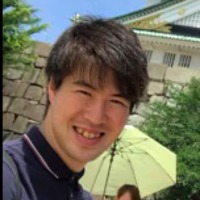
Maio Nagashima
- Scholar
- Japan
- 2022 PhD Anglo-Saxon, Norse and Celtic
- St John's College
Maio NAGASHIMA (he/him) is a PhD candidate at the Department of Anglo-Saxon, Norse and Celtic, the University of Cambridge. His chief interests lie in the European intellectual milieu in which medieval Irish adaptations of classical Latin epics were produced. His doctoral research explores the manuscript tradition of In Cath Catharda, the late 12th- or early 13th-century Irish adaptation of Lucan’s Bellum Civile, and the influence of the contemporaenous Lucanian exegesis upon the production and transmission of the vernacular work. He has recently contributed a chapter to Clarke, M., et al. (eds.), Classical Antiquity and Medieval Ireland (London, Bloomsbury: 2024).
Antonia Netzl
- Scholar
- Austria
- 2022 PhD Zoology
- Trinity Hall
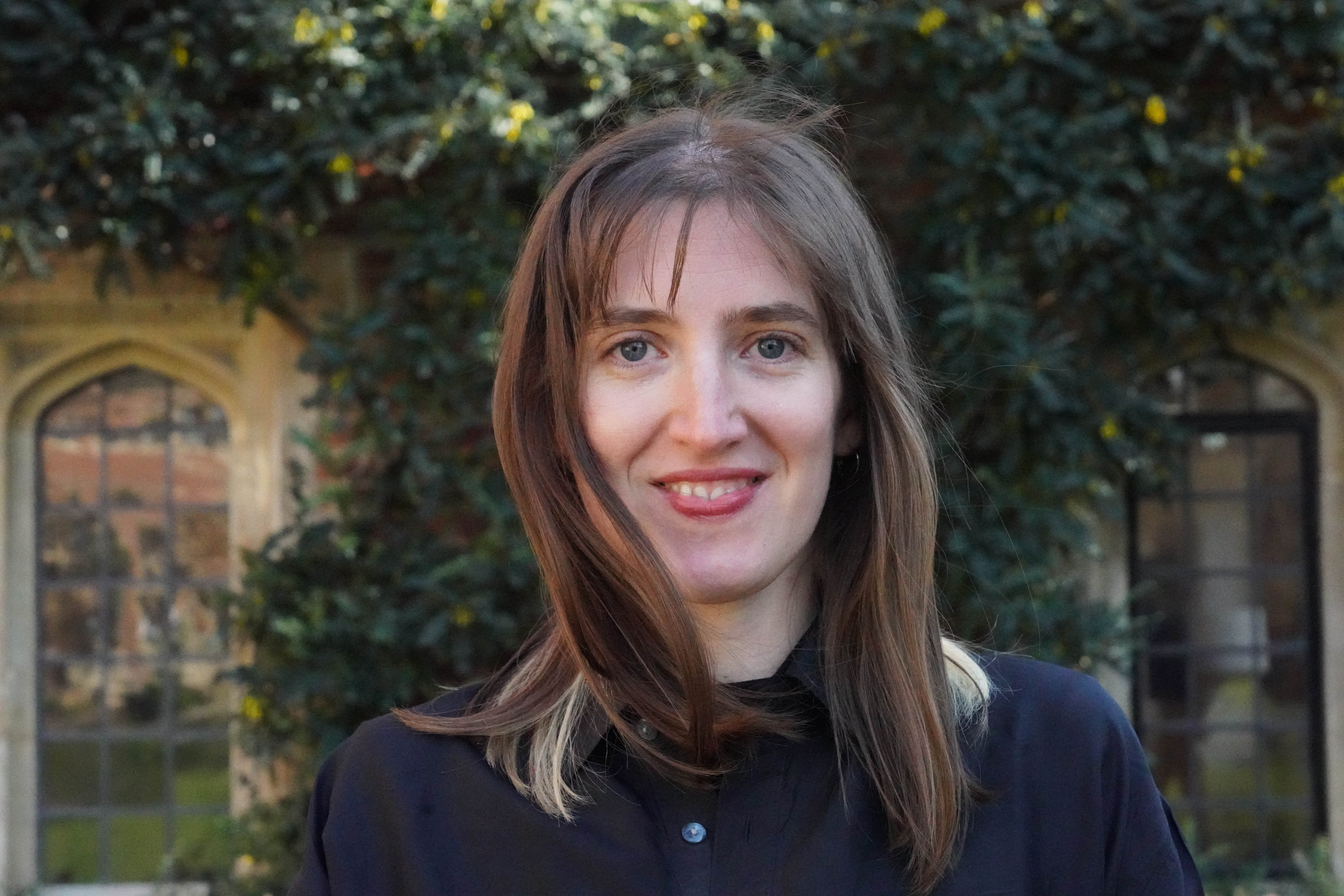
Antonia Netzl
- Scholar
- Austria
- 2022 PhD Zoology
- Trinity Hall
I grew up and obtained my BSc in Molecular Bioscience in Austria, a country where education is free. Realising the privilege of that, I am a strong advocate for just access to and distribution of resources, including the research produced in world-leading institutions such as Cambridge University. I want to use the opportunities that have been given to me to the benefit of other people. During my master’s degree in Systems Biology at the University of Heidelberg, I found in infectious disease research a scientific field which allows me to do that. In my PhD, I will use a computational model of the humoral immune response to investigate how prior and novel immunity interact upon exposure to evolving pathogens to improve vaccination strategies against SARS-CoV-2 and influenza. The past years demonstrated vaccines as the most potent tool for virus disease management, but more so that global crises cannot be thought in isolation. The COVID-19 pandemic took a disproportionate toll on the Global South, low-income households, and women, reinforcing traditional gender roles and thereby the dual burden of women. With my PhD work I aim to contribute to alleviating this toll.
Previous Education
University of Cambridge Biological Sciences 2022
University of Heidelberg Molecular Biosciences 2021
Universitat Wien Bioinformatics 2018
Seoyoung Park
- Scholar
- Korea, Republic of
- 2022 PhD Medical Sciences @ MRC Mitochondrial Biology Unit
- Hughes Hall
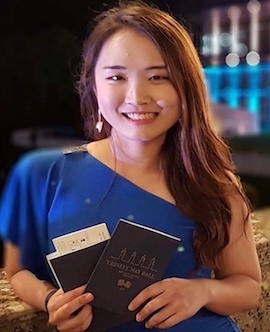
Seoyoung Park
- Scholar
- Korea, Republic of
- 2022 PhD Medical Sciences @ MRC Mitochondrial Biology Unit
- Hughes Hall
During my undergraduate studies in biomedical sciences at University College London, I was first introduced to the brain’s immune cell, microglia, where I learnt about the multifaceted nature of these cells in the physiological and pathological condition. Fascinated by the interactions that occur between the brain and the immune system, I went onto researching into the role of peripheral B lymphocytes in Parkinson’s disease for my master’s project at Cambridge university. Since graduating, I have worked as a business development manager at a neuroscience-focused biotech company, working with leading CNS pharmaceutical and biotech companies. This has allowed me to appreciate the enormous gaps that exist in our knowledge in neurodegenerative diseases and has, in turn, brought me back into research. Coming back to the academia and specifically Cambridge university as a PhD student, I plan to research into the relationship between mitochondrial dysfunction and inflammation to understand disease mechanisms underlying Parkinson’s disease. It is a great honour to be able to join the Gates Cambridge community, which I believe will enormously enhance both my PhD and Cambridge experience.
Previous Education
University of Cambridge Translational Biomed Research 2019
University College London Biomedical Science 2018
Nidhi Patel
- Alumni
- United States
- 2022 MPhil Development Studies
- Wolfson College
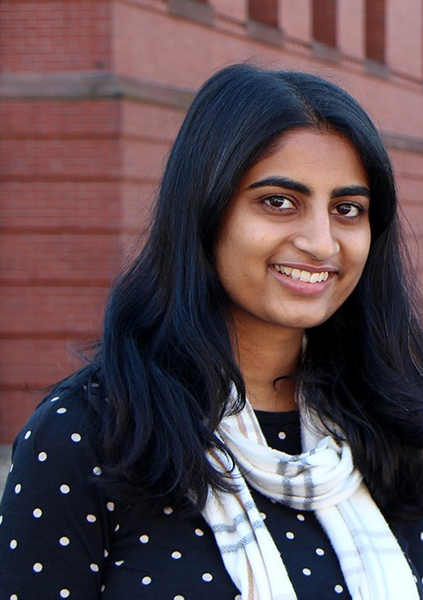
Nidhi Patel
- Alumni
- United States
- 2022 MPhil Development Studies
- Wolfson College
As an undergraduate, I jointly studied Government and Neuroscience, where I got the chance to explore the effects of violence on human welfare from a political, biological, and social perspective. At Cambridge, I am excited to build on these experiences and pursue an MPhil in Development Studies. I am enthusiastic about the prospect of working at the Centre of Governance and Human Rights, and Centre for Gender Studies, cutting-edge research networks that bring together a diverse amalgamation of professors, students, and professionals for projects and enriching seminars on topics related to the politics of gender violence, peacebuilding, and health in conflict-affected societies. I am so incredibly honored to join the wider Gates Cambridge community, and am looking forward to growing alongside my peers during my time in the UK! **Nidhi will commence her MPhil study in 2023.
Previous Education
Harvard University Government and Neuroscience 2022
Samira Patel
- Scholar
- United States
- 2022 PhD Polar Studies
- Downing College

Samira Patel
- Scholar
- United States
- 2022 PhD Polar Studies
- Downing College
I graduated with an anthropology degree from the University of Chicago armed with a background in social justice and sensitivity to how policies often exclude the most vulnerable people. I’ve spent the last five years learning how this is particularly acute in climate and environmental monitoring programs. I’ve worked at the science-policy interface at both the U.S. National Oceanic and Atmospheric Administration and the Center for Space Policy and Strategy. While earth observation satellites and vast data systems can enable better insights at the planetary level, they often miss realities on the ground. Wanting to critically examine how the science-policy interface and our digital data infrastructures impact local communities, I came to the Scott Polar Research Institute at Cambridge to conduct ethnographic and science and technology studies (STS) research at the world’s “third pole” in the Himalayas. Like the polar regions, the Himalayas must also grapple with consequences of a melting cryosphere, while managing a microcosm of considerable ecological and cultural diversity. Through my research, I aim to shed light on culturally embedded notions of science and technology and how they can translate into better climate policies.
Previous Education
University of Cambridge Polar Studies 2021
University of Chicago Anthropology 2012
Mariana Perez Saad Duque
- Scholar
- Portugal
- 2022 PhD Genetics
- Gonville and Caius College
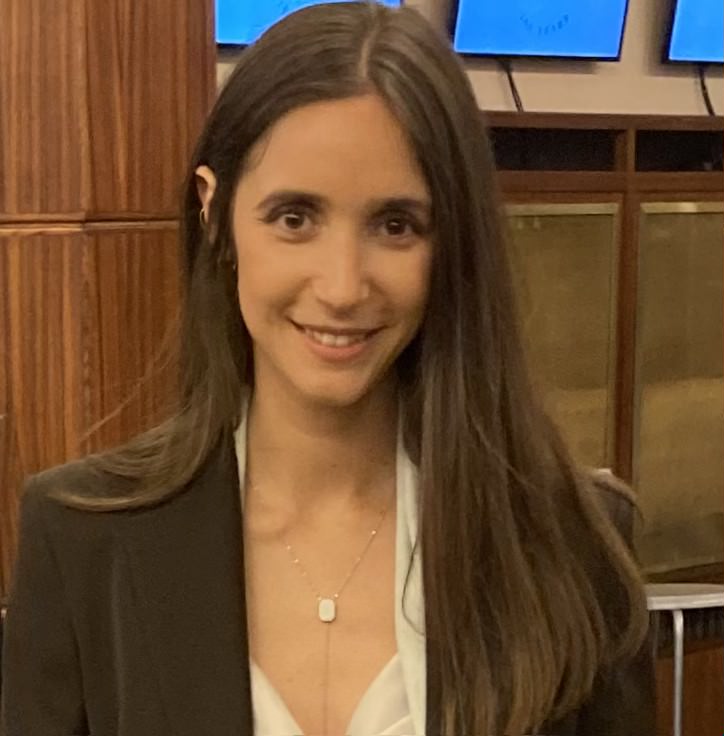
Mariana Perez Saad Duque
- Scholar
- Portugal
- 2022 PhD Genetics
- Gonville and Caius College
I am passionate about infectious diseases and its dynamics. My career has led me from studying medicine in Portugal to working in humanitarian emergencies with Médecins Sans Frontières in Brazil and Yemen. As a specialist medical doctor in Public Health and travel medicine, and an infectious disease epidemiologist my research goal is to improve our understanding of infectious diseases, to comprehend the effect of interventions on the transmission and populations, and our ability to predict disease dynamics. I will work on chikungunya, a viral disease that is transmitted through mosquitoes, which puts 3.6 billion people at risk throughout South and Southeast Asia, Africa, and South America. Infection can lead to severe complications that can last for months. Moreover, chikungunya epidemics are often explosive resulting in many infections. Despite the significant burden of disease, there remains a poor understanding of the disease dynamics. At the University of Cambridge, I will work in the Pathogen Dynamics Group and I will clarify the spatiotemporal distribution, as well as the ecological and evolutionary dynamics of chikungunya infections, focusing on the Asian continent.
Previous Education
Harvard Medical School Clinical Research 2021
Universidade Nova de Lisboa Public Health 2019
Sanjiv Ranchod
- Scholar
- South Africa
- 2022 CPGS Computer Science
- St John's College
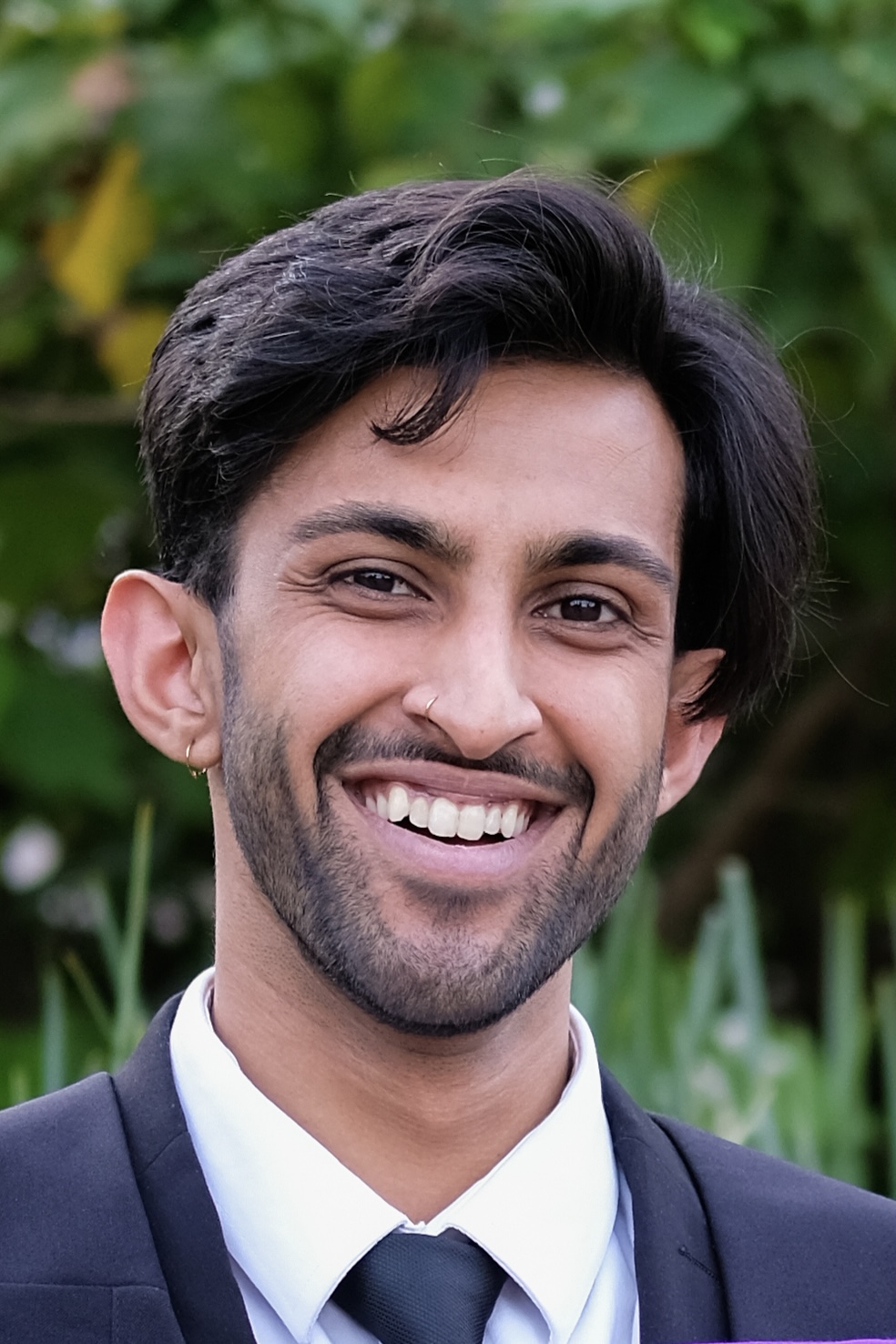
Sanjiv Ranchod
- Scholar
- South Africa
- 2022 CPGS Computer Science
- St John's College
During my BSc in Mathematics and Applied Mathematics at the University of Cape Town, I developed a passion for Category Theory and Mathematics Education. The former presented to me a framework of insight into the mathematical questions I had encountered through my interest in the field, while the latter expressed a means for me to contribute to the upliftment of young, interested students in South Africa. In continuing to my MSc in Mathematics I explored these interests further and, in particular, studied internal categorical structures, while gaining teaching experience at the university. The opportunity to read a PhD at Cambridge supported by a Gates Cambridge Scholarship allows me to further explore my interests in Internal Category Theory, Categorical Logic and Internal Languages and to make meaningful contributions to these fields. I hope to engage with a cohort of educationally interested students to further my growth as a teacher. It is my intension to help grow the Category Theory – and general mathematical – community in my home county as well as help improve the state of mathematics education at its tertiary institutions.
Previous Education
University of Cape Town Mathematics 2022
University of Cape Town Mathematics 2020
University of Cape Town Maths and Applied Maths 2019
Tatjana Schmidt
- Scholar
- Germany
- 2022 PhD Clinical Neurosciences
- St Catharine's College
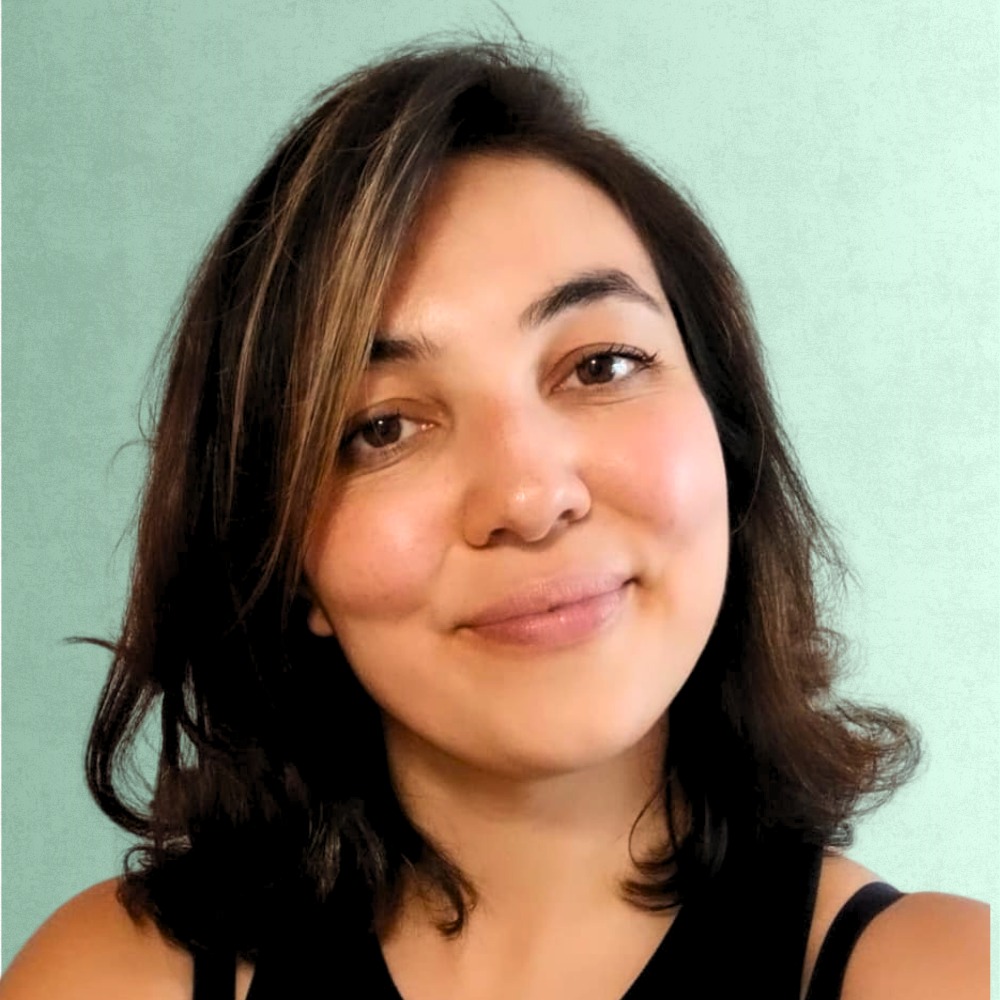
Tatjana Schmidt
- Scholar
- Germany
- 2022 PhD Clinical Neurosciences
- St Catharine's College
Neuroimaging is a topic I first came across during introductory courses as an undergrad in psychology, and the fascination with it remained in the back of my head for a long time. However, only during my Master’s degree in systems neuroscience I realized that it could be not just a research method, but a research subject of its own. Luckily, I could conduct the research for my Master’s thesis at the Laboratoire de recherche en neuroimagerie in Lausanne, where imaging neuroscientists shared their expertise and love for MRI with me. During my PhD in Clinical Neurosciences with Dr. Tim Rittman I will use multimodal MRI, post-mortem data and machine learning techniques to examine how tau pathology (a hallmark of various neurodegenerative diseases) progresses in the brain. Apart from science, I care about science communication and mental health advocacy. Therefore I’m a board member of two nonprofit organisations—the German Brain Bee (a neuroscience competition and outreach programme for highschool students) and Blaupause Gesundheit (an organisation for mental health awareness/support for health professionals). I’m honored to be joining this community and hope I can contribute to it as well as meet wonderful like-minded people.
Previous Education
Philipps-Universität Marburg Systems Neuroscience 2022
Bayerische-Julius-Maximillians-Universitat Wurzber Psychology 2019
Ludwig-Maximilians-Universitat Munchen Economics 2015
Links
https://www.rittman.uk
https://www.linkedin.com/in/tatjana-schmidt-793a78b0
Stefan (Andi) Schubert
- Scholar
- Sri Lanka
- 2022 PhD History
- Gonville and Caius College
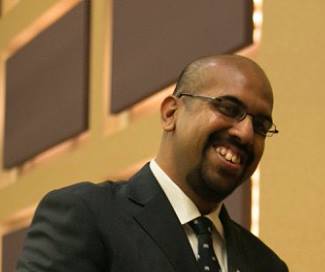
Stefan (Andi) Schubert
- Scholar
- Sri Lanka
- 2022 PhD History
- Gonville and Caius College
Growing up during Sri Lanka’s civil war and contending with its ethnic conflict as the child of parents from different ethnic minorities, I quickly became familiar with history’s capacity to both exacerbate and/or transform conflict and violence. Working in English and Cultural Studies, my research since the end of the civil war in 2009 has explored how history can be used to challenge received frameworks of analysis and transform the worlds we inhabit into more just, equitable, democratic, and peaceful spaces for all communities in Sri Lanka.In 2016 I completed my MA as a Fulbright scholar at Kansas State University, USA. My dissertation focused on how shifts in definitions of ethnic categories shaped Sri Lanka’s first experience of national-level democracy at the turn of the 20th Century. As a graduate student in History at Cambridge, I build on this work to consider how conflicts over registers of time have shaped articulations of ethnic identifications after the British took control of the entire Island in 1815.
Previous Education
Kansas State University English-Cultural Studies 2016
University of Kelaniya English 2009
Luca Schwarz
- Scholar
- Germany
- 2022 PhD Biological Science
- Churchill College
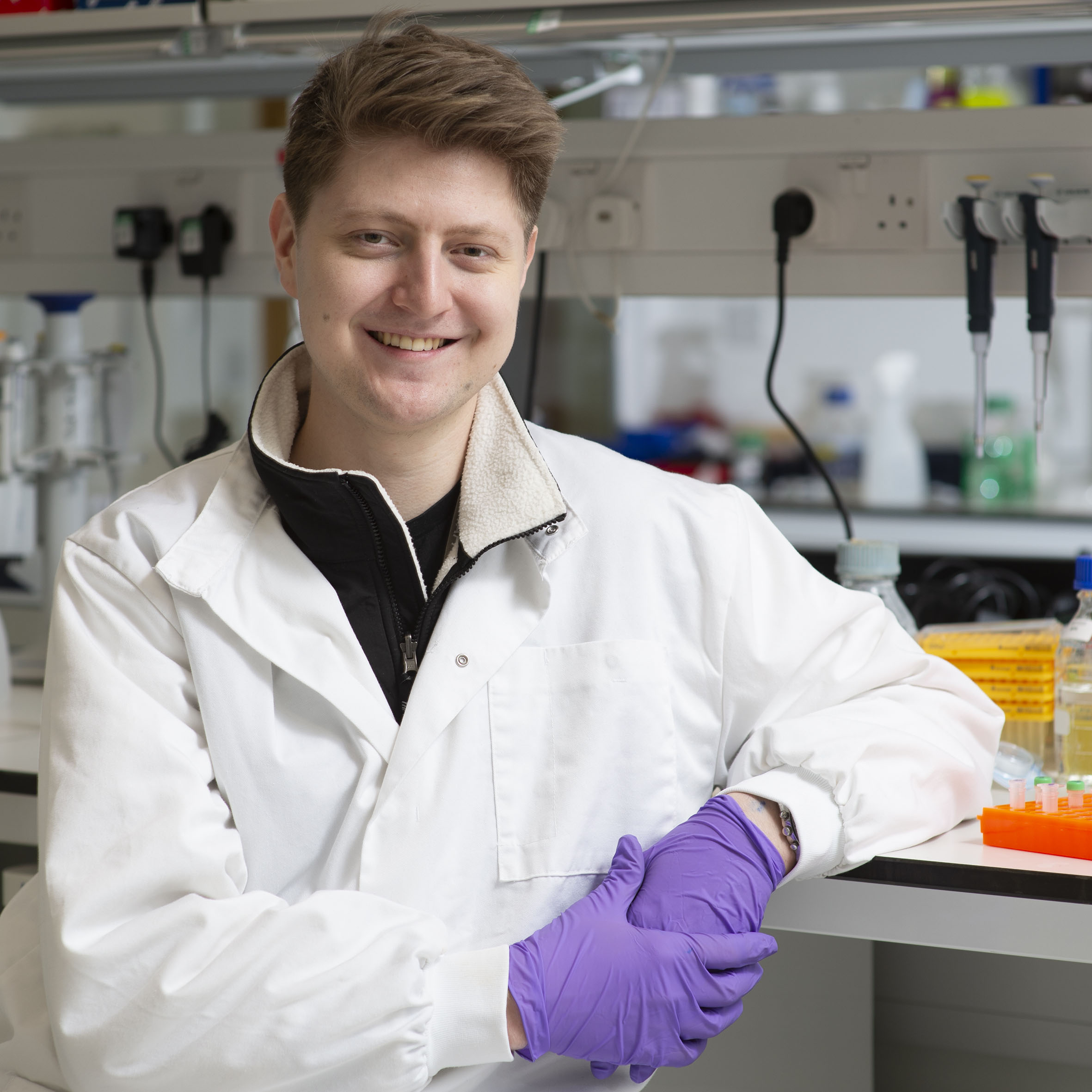
Luca Schwarz
- Scholar
- Germany
- 2022 PhD Biological Science
- Churchill College
I first got a glimpse of developmental research during an internship in Heidelberg in Year 11. I was immediately drawn to its medical potential, and since then joined several labs in the field throughout my undergraduate degree at Cambridge. I am especially fascinated by questions of cell fate, which have immense medical implications. I believe that by understanding how cells make decisions and manipulating them we will be able to address a myriad of medical challenges, ranging from developmental failure to ageing. I strive to be part of this medical revolution, which I hope will improve the lives of countless people. As a biochemist by training, I’m particularly interested in the molecular machines behind these cell fate decisions. During my PhD, I will investigate how an abnormal number of chromosomes (aneuploidy) affects different tissues in the early embryo, and why some tissues tolerate this while others do not. Most pregnancies fail within the first two weeks of development, and aneuploidy is a major contributor to developmental failure, so my research will address a fundamental question of human development, as well as inform improvements in fertility treatment to avoid unsuccessful pregnancies and embryo wastage.
Previous Education
University of Cambridge Natural Sciences (Biological) 2022
Henrik Røed Sherling
- Scholar
- Norway
- 2022 PhD Philosophy
- St John's College
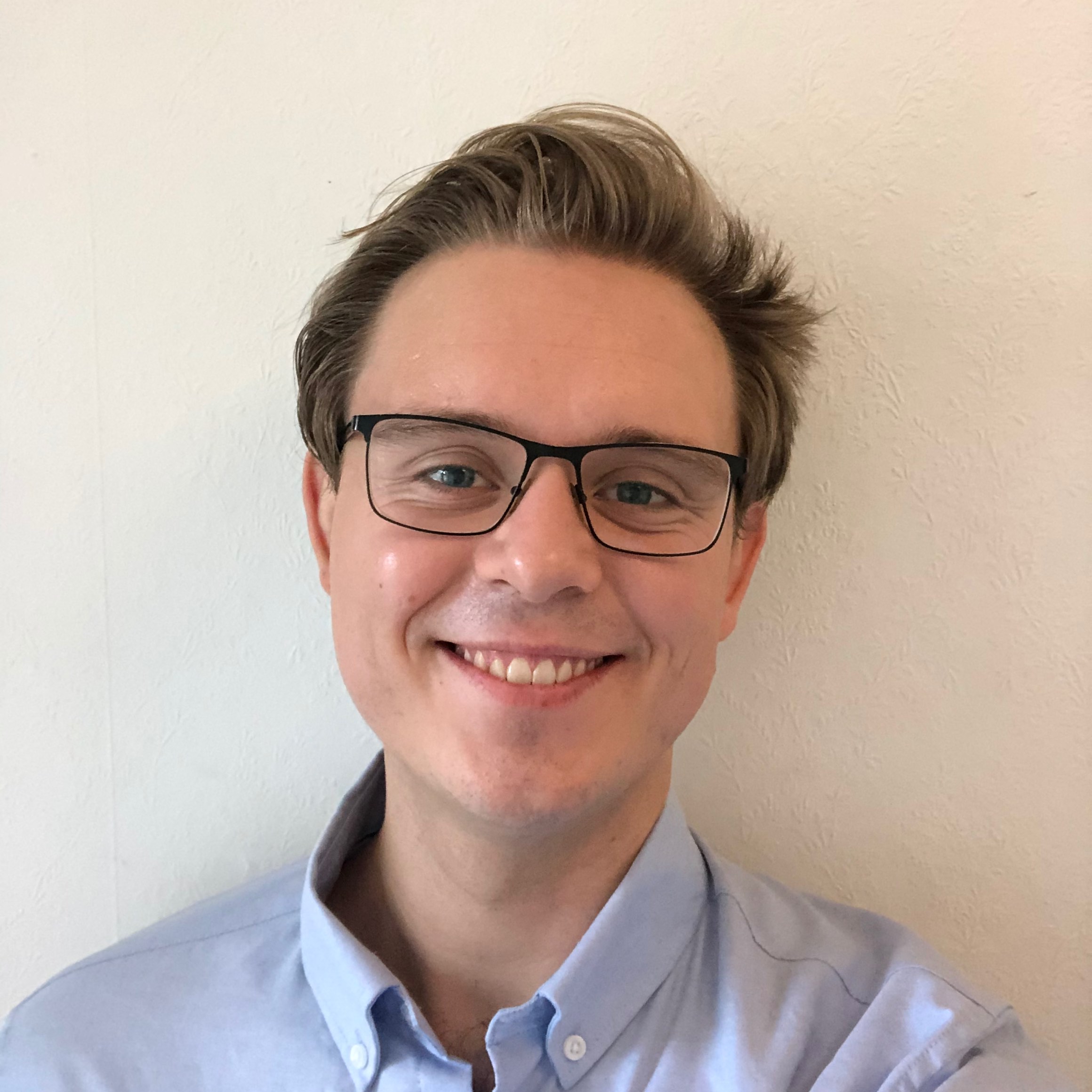
Henrik Røed Sherling
- Scholar
- Norway
- 2022 PhD Philosophy
- St John's College
My research at Cambridge is about the concept of mental disorder. I am researching how classifications and diagnoses can influence and interact with the ways that mental disorders are experienced and expressed—and how these interactions are taken into account by psychiatrists when they write patient notes and make diagnoses. These interactions are called "looping effects" when our classifications have to be updated to stay on top of the new experiences and expressions which they themselves created. My hope is that a careful analysis of these looping effects, and how they factor into practice, can help us better understand the concept of mental disorder. My previous research was focused on the foundations of quantum mechanics, in particular the Many Worlds interpretation. This work was part of my MSci at King's College London. My focus has since shifted to the philosophy of psychiatry, but my interest in the philosophy of physics and the philosophy of science remains.
Previous Education
King's College London (University of London) Physics and Philosophy 2020
Links
Shaffin Siddiqui
- Alumni
- United States
- 2022 MPhil History and Philosophy of Science and Medicine
- Hughes Hall
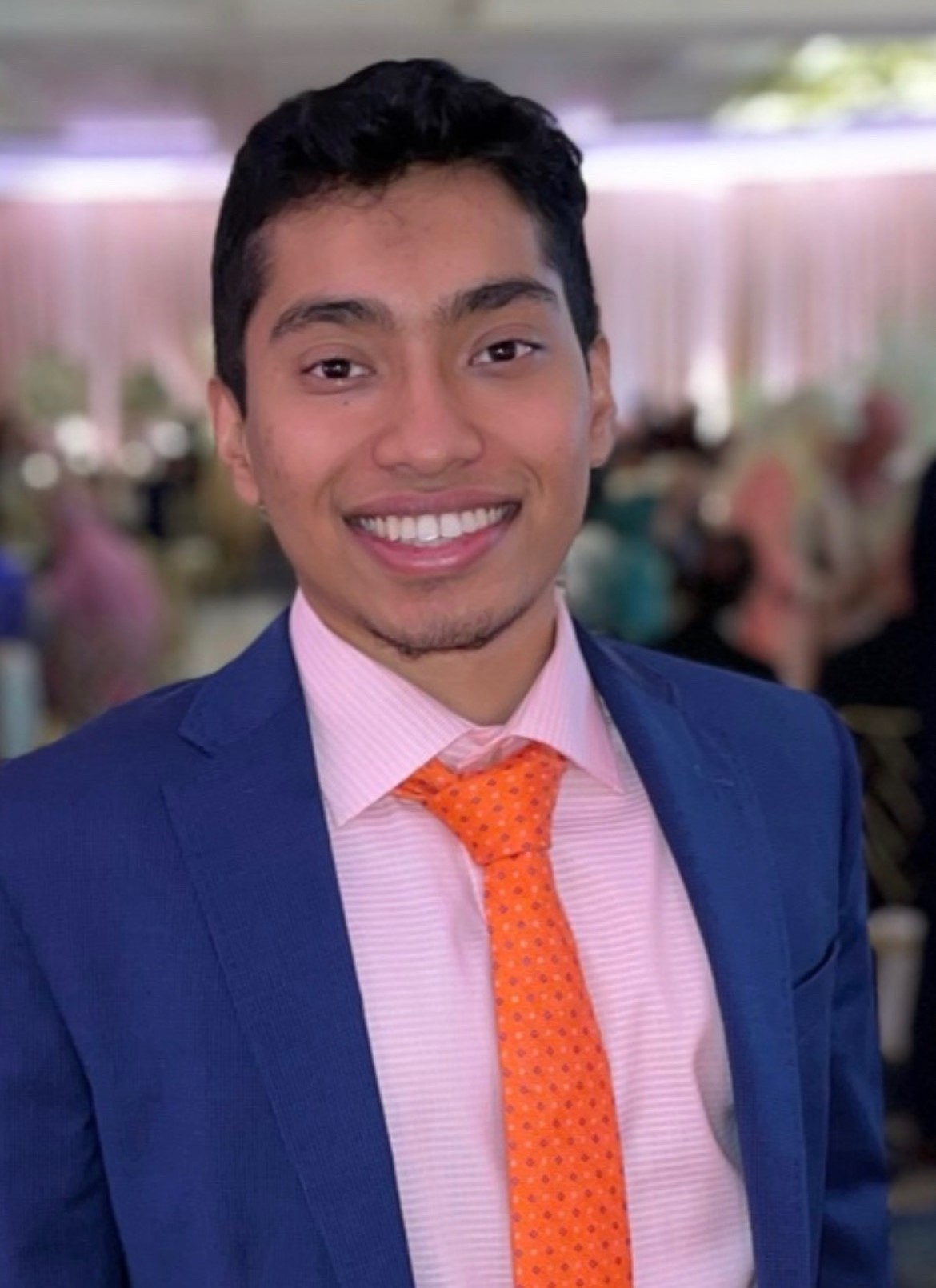
Shaffin Siddiqui
- Alumni
- United States
- 2022 MPhil History and Philosophy of Science and Medicine
- Hughes Hall
Having been raised a Muslim, I have always carried in my heart a fascination with the vastness of the Islamic scholarly tradition and the richness of the lived experience of modern Muslims. After graduating from Highland Park High School in Dallas, Texas, I pursued an A.B. in History at Princeton University, where my interests in the history of Islam and the practice of medicine converged in research inquiring into the history of medicine in the Muslim world. This culminated in my graduating thesis which looked at paradigms of health in the late Nation of Islam. Through my MPhil in the History and Philosophy of Science and Medicine at Cambridge, I hope to focus on how a key socio-intellectual class in diasporic Muslim communities, the ulama (traditionally educated Islamic scholars), have engaged modern biomedicine and promoted varied paradigms and practices of health within Western Muslim populations. These important yet neglected histories will contribute to the project of building critical intellectual bridges between physicians/public-health experts and Muslim leaders like the ulama, with the goal of said enterprise laying not in producing a unilateral relationship between either of these domains but a symbiotic one. **Shaffin will commence his MPhil study in 2023.
Previous Education
Princeton University History 2022
Damien Slinger
- Alumni
- Australia
- 2022 MPhil Energy Technologies
- Peterhouse
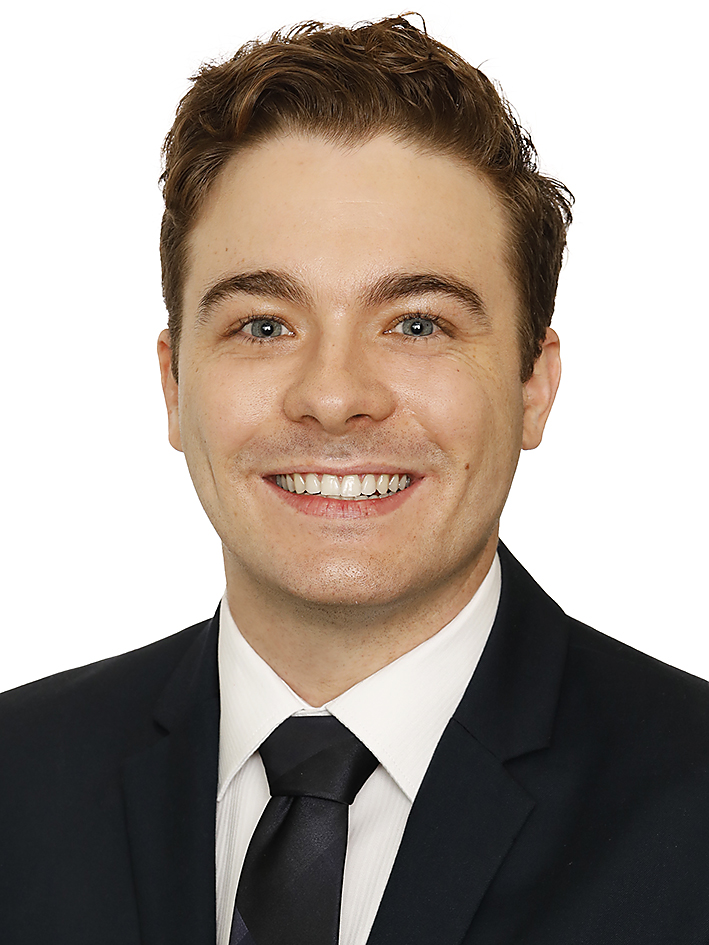
Damien Slinger
- Alumni
- Australia
- 2022 MPhil Energy Technologies
- Peterhouse
Some of my earliest childhood memories are of pulling apart my toys, understanding how they worked and trying to put them back together before anyone else realised. I believe this same curiosity (and ambition) led me to study engineering and has continued to open many doors that I would have otherwise never considered. Towards the end of my undergraduate degree, I was fortunate to travel abroad and study wind turbines with Siemens and Vestas (two of the world’s largest manufacturers). Over the following years, I have chosen to learn more about the interaction between the power sector and the environment. I have started to build my career forecasting the development of electricity markets with the express aim of tangibly contributing to their rapid decarbonisation. The Masters that I have now applied to study will further my understanding of the technologies that will govern this future and the targets needed to mitigate existential climate change.
Previous Education
Queensland University of Technology Mechanical Engineering 2017
Catherine Tan
- Scholar
- Philippines
- 2022 PhD Geography
- Fitzwilliam College
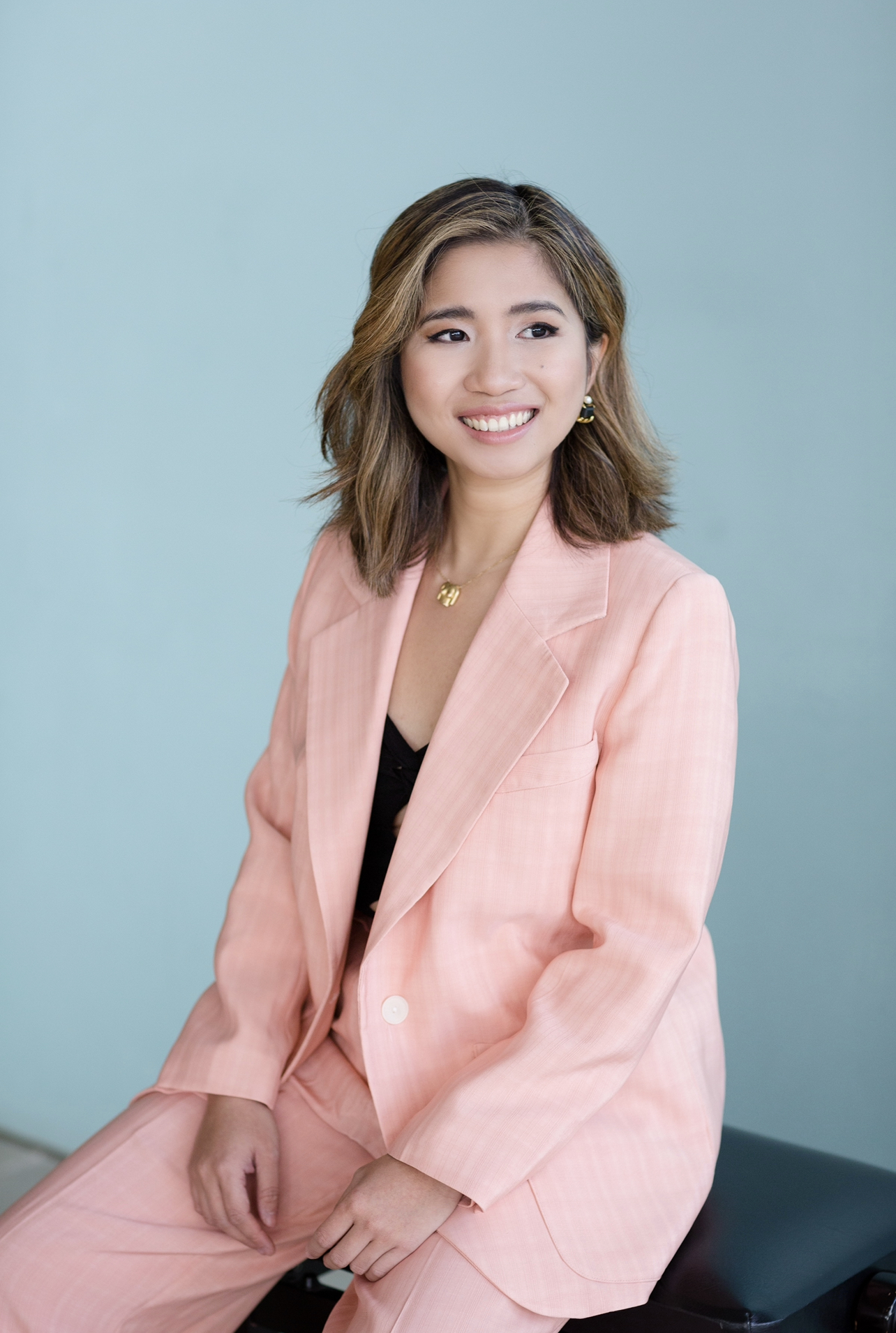
Catherine Tan
- Scholar
- Philippines
- 2022 PhD Geography
- Fitzwilliam College
I’m a PhD student at Cambridge University specialising in techno-utopias within the Anthropocene. I investigate whether the emergence of techno-futuristic projects to colonise outer space, erect cryptodemocracies, and build seasteads on the ocean, leave a dent on international law and destabilise its philosophical foundations, or innovate it to be emancipatory. I am keen to know how 'futuristic' scales -- the oceanic, the virtual, the planetary -- stretch the sociolegal limits of the earth, and complicate the subjecthood of the mortal humans within it. Prior to my PhD, I have had the privilege of generating value across a range of policy spheres within Southeast Asia for 6 years. As technical aide to the Finance Minister, I led economic diplomacy missions to Tokyo, Shanghai, Beijing, Vietnam, Singapore, New York, and Washington DC, as staff-level Head of Delegation (HoD). In the same stint, I held the international finance portfolio (IMF-WB, ADB, AIIB) and established strong linkages between the Philippines and multilateral institutions like the IMF-World Bank, ADB, and AIIB. I also authored white papers on development policy, specifically on tax, climate finance, and macroeconomic strategy. More recently, I spearheaded an all-Millennial, multidisciplinary task force to revamp the Philippines' Climate Change governance strategy. My team and I co-produce a climate future that is inclusive, just, and fit for the next generations. This work earned me a nomination to be the youngest Technical Expert on the National Panel of Technical Experts for climate change in the country, a nomination I declined due to conflicts of interest and scheduling.I'm open to collaborations in any of these fields, as well as to mentoring younger Filipinos who wish to access Higher Education Institutions (HEIs).
Previous Education
University of Cambridge Anthropocene Studies 2021
London School of Economics & Political Science International Political Economy 2019
Links
Seetha Tan
- Scholar
- Australia
- 2022 PhD Sociology
- St Catharine's College
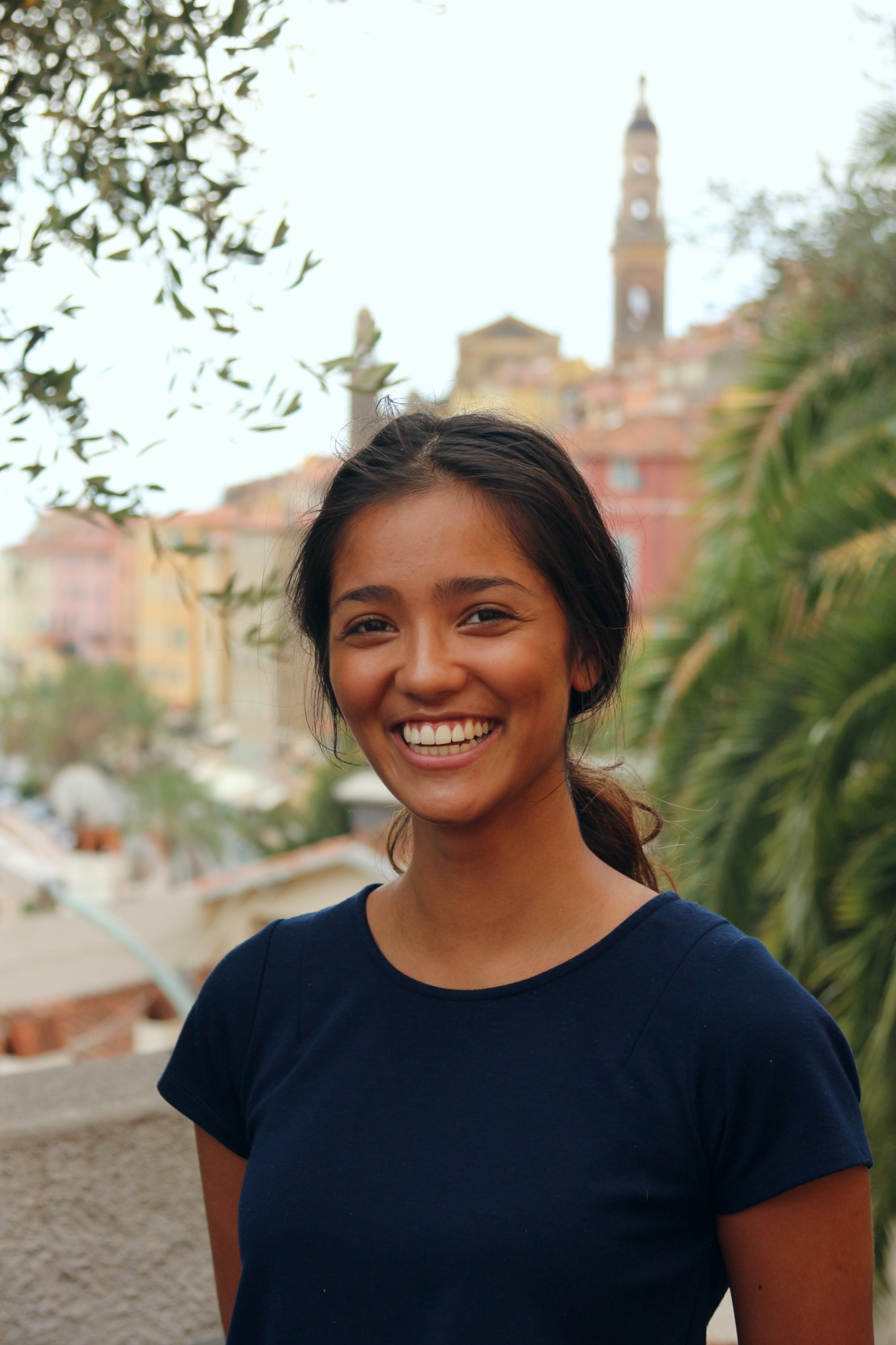
Seetha Tan
- Scholar
- Australia
- 2022 PhD Sociology
- St Catharine's College
My research focuses on the role of stories and storytelling to identity-formation within contexts of postcolonial migration. Growing up in Australia, in an Indian and Malaysian family, and now, studying in the UK, I have always been interested in how people, ideas, and stories travel through former imperial circuits. I am hoping to investigate how stories inform and construct identities, how stories are entangled with legacies of empire, and how various communities use stories to disrupt existing narratives of migration or colonialism. Through creative research methods such as food ethnography and music elicitation, I am specifically interested in forms of culinary and sonic storytelling.
Previous Education
University of Cambridge Sociology 2021
Sciences PO, Institut d'etudes politiques de Paris Middle Eastern Studies 2020
Caleb Todd
- Scholar
- New Zealand
- 2022 PhD Physics
- Christ's College
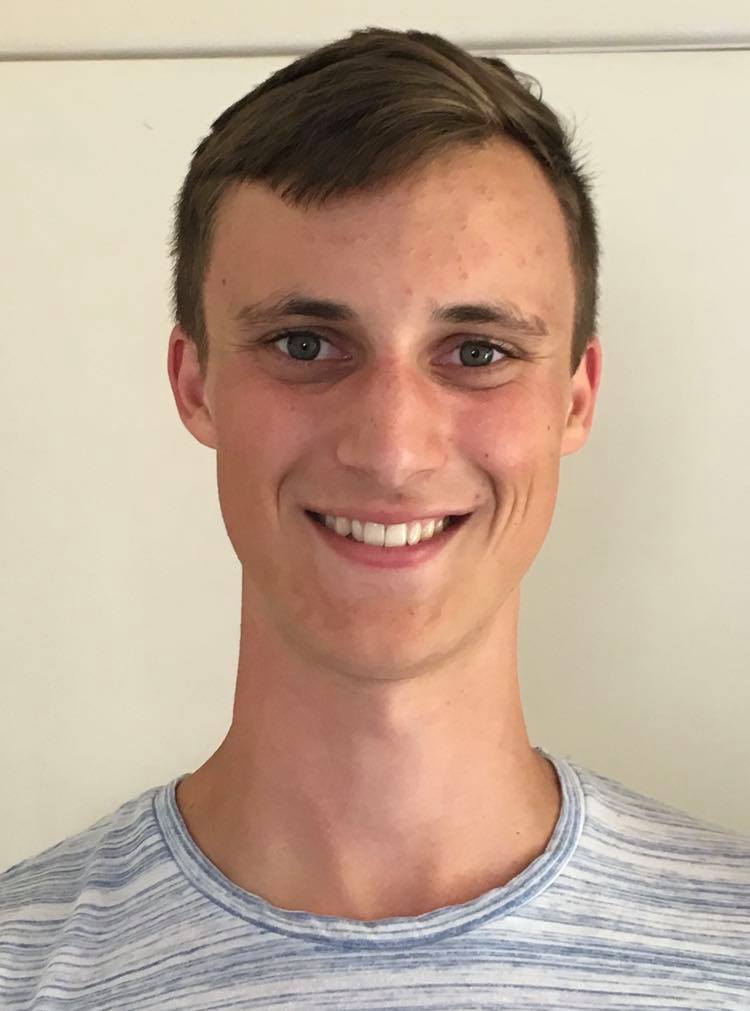
Caleb Todd
- Scholar
- New Zealand
- 2022 PhD Physics
- Christ's College
Understanding the deep foundations of our universe has excited me since before I can remember, and as I grew and developed, so did my affinity for science. Physics in particular has and continues to captivate me as it tackles the most fundamental principles governing the natural world. Bridging the antipodean gap from New Zealand to study for a PhD in physics at Cambridge is a childhood dream come true.My project will use state-of-the-art photonics to observe interactions between metals and molecules in real-time, giving unprecedented insights into catalysis and other essential reactions on which our world depends. Expanding our understanding in these areas can open new avenues toward improving energy efficiency and minimising waste in ubiquitous industrial processes. I hope to use the gifts granted to me to meaningfully contribute to this field.I am especially excited to live and work at the centre of a multidisciplinary intellectual and cultural hub. Grappling with critical contemporary issues requires more than just advances in physics or engineering, but the best ideas from all disciplines. As a Gates Scholar, I get to be a part of a diverse community in which this collaboration can happen, and I could not be more thrilled.








